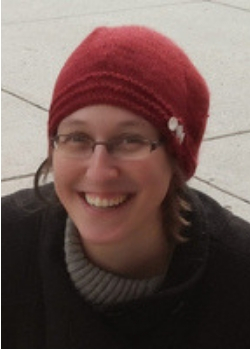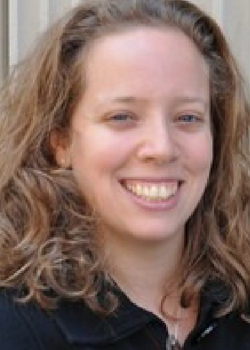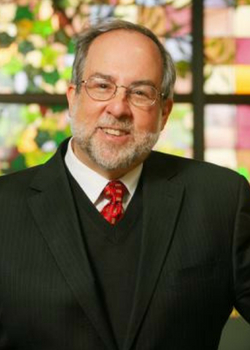Are We Architects of Our Own fate?
A central theme of Parashat Eikev is contingency: that a person’s fate is predicated on their actions, and the future is not yet written. A core problem occupying medieval philosophers, including the classical Torah commentators, the question of causality continues to fascinate—and elude—us today. In our own time, it tends to be scientists who explore the way that cause and effect play out in time. Physicists debate the linearity of time, with some advancing the block universe theory in which causality is an illusion created by human cognitive processes.
Read more...


 Download PDF
Download PDF


